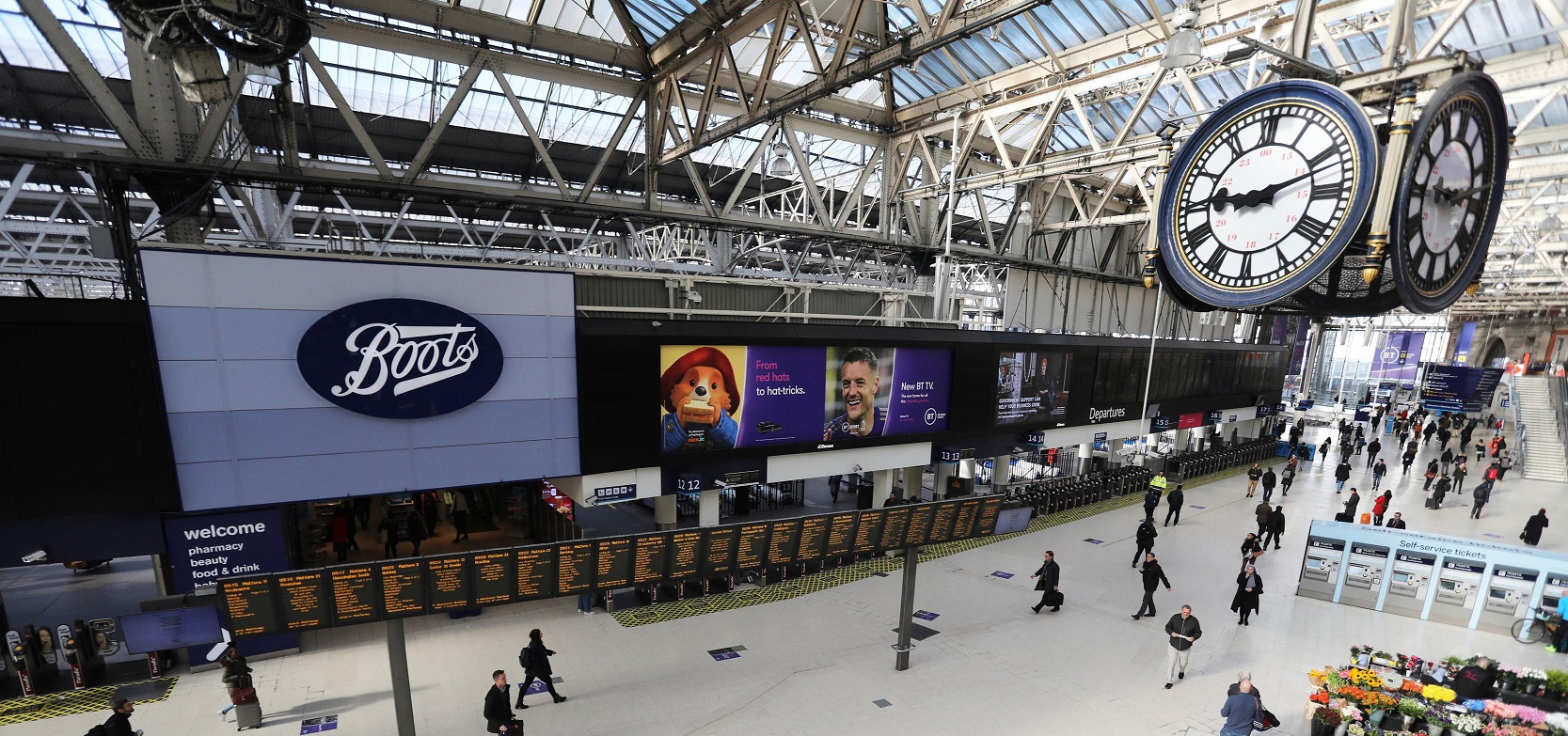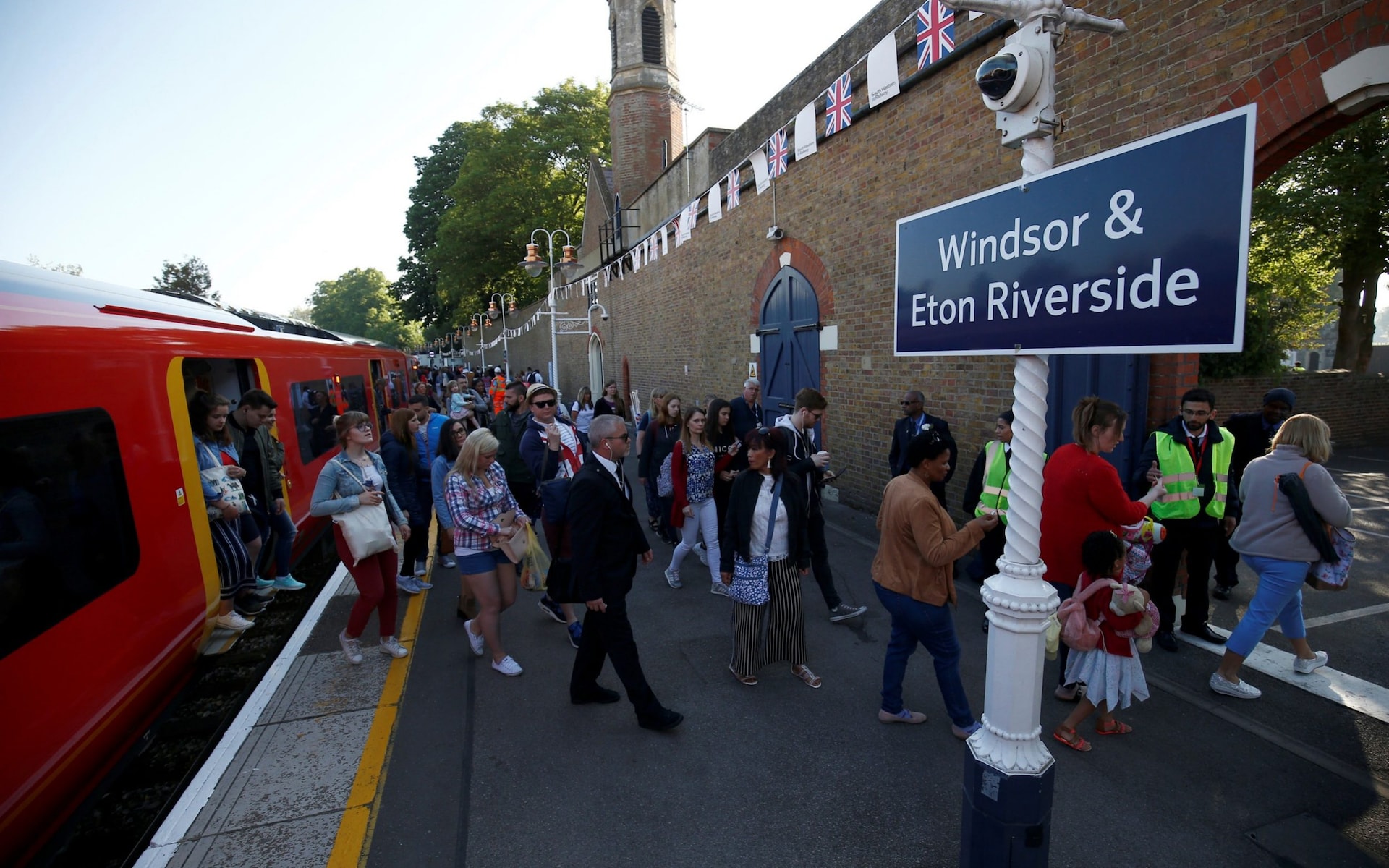The Rail Minister, Simon Burns MP, gave a speech at the Rail Improvement Conference last week in which he summarised the current government’s approach to rail with three planks:
- HS2
- continued
spendinginvestment on traditional rail and - supporting rail franchising as the optimum way for managing the network.
At the end of his speech he was asked by the chairman of the session what was different about his policies from those of Labour. There was a short but embarrassing silence. He eventually answered by being rude about the Opposition, saying that they didn’t have any policies so he couldn’t say what was different about his. This overlooked the fact that all three of his planks were the same as those this government inherited from Labour.
However, it seems that the current cross-party consensus may be about to be challenged: that people on both sides of the political divide are wondering if the status quo really is the best we can do.
LabourList says Labour needs an imaginative rail policy – and the signs are good.
I’ve followed the rail policy discussions on LabourList recently with interest and welcome the fact there is now a serious conversation taking place within Labour ranks about how the structure of the rail industry can be improved.
WLR doesn’t agree that the solution is simply to go back to the 1970s and make everything publicly owned but does welcome the observation that the debt pile of Network Rail, and therefore the current investment strategy, is unsustainable. it may be that the private sector working within a fairer system, sharing risk more equitably, may well be a better system. This, of course, is the model that WLR is an example of, with the proponents of new rail investment taking responsibility for making it work.




